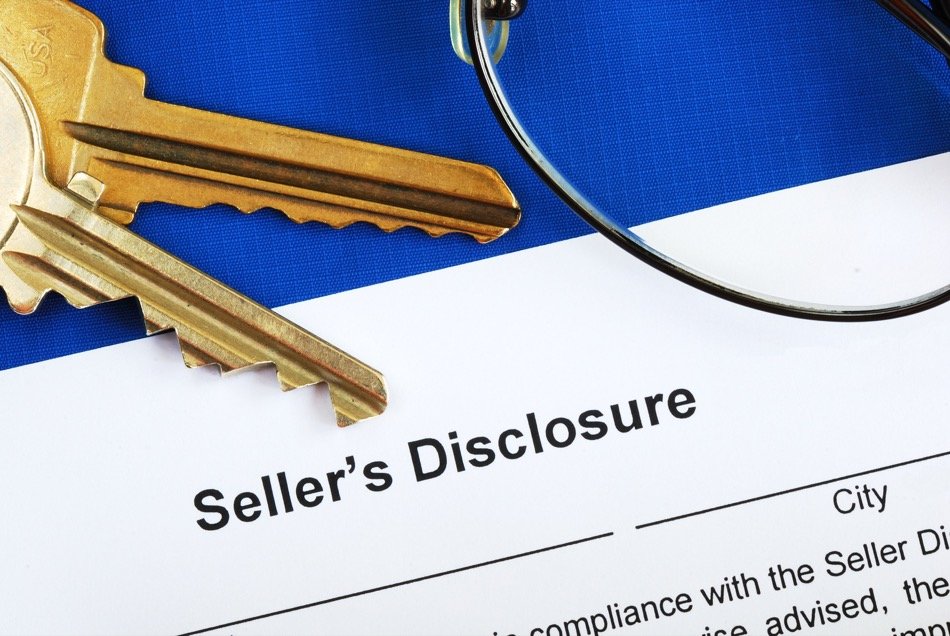Disclosure: What Buyers Need to Know
Posted by Justin Havre on Tuesday, August 20th, 2019 at 7:32am.
 Sellers do have certain obligations when working with potential buyers. Canadian homeowners aware of certain issues, such as mould, basement flooding or unpermitted work, may not be able to keep the information to themselves. Potential buyers should be privy to details about a home in specific circumstances and when regulated by the laws in the province or territory. Seller disclosure should not be overlooked when selling property in Canada, as details can make a significant difference to buyers.
Sellers do have certain obligations when working with potential buyers. Canadian homeowners aware of certain issues, such as mould, basement flooding or unpermitted work, may not be able to keep the information to themselves. Potential buyers should be privy to details about a home in specific circumstances and when regulated by the laws in the province or territory. Seller disclosure should not be overlooked when selling property in Canada, as details can make a significant difference to buyers.
For informational purposes only. Always consult with a licensed real estate professional before proceeding with any real estate transaction.
Read the Real Estate Disclosure Form
Sellers are responsible for completing the Real Estate Disclosure form or Property Condition Statement (PCS) to the best of their ability with the help of their agent. The document may be known by different names, such as a Property Disclosure Statement in Greater Vancouver. Sellers will fill this form out either before or when listing the property. This document is then given to the buyer after a home inspection. A home inspection is generally advised and performed, providing information on any observable defects or issues of a home. However, some issues can be missed. This is where a Real Estate Disclosure form becomes of use to a potential buyer. It also helps sellers, limiting their liability, as the document is a record of all known and pertinent details that could be deemed a safety risk. Other defects may still arise at a later date unrelated to the information disclosed by the seller.
Know About Hard to Detect Issues
This type of form covers latent defects or problems that would not be readily observed in a home inspection. Not all issues need to be shared. Only latent defects that can potentially make a structure unfit or negatively impact occupant safety would have to be noted. Examples of potential latent defects commonly shared include:
- Problems with the foundation or roof;
- Illegal apartments; and
- A previous history of flooding, structural issues or fire damage.
A seller would be under the wrong impression if they believed that this form served as a warranty. It does provide details which can impact a buyer's decision to proceed with the transaction. A buyer may also decide to have an independent investigation completed as the document only offers an opportunity for a seller to share known and relevant information. Older homes may have had a few homeowners and the current homeowner may not know of additions or changes that have been done without proper permitting.
Note Observable Defects
This form is intended to disclose latent, not patent, defects. Observable issues, entirely visible to a potential buyer, such as a missing safety railing or water damage on a ceiling, would be patent defects. A buyer who notices a potential problem should feel comfortable asking questions and getting a better understanding of whether they want to deal with it, have the seller repair it or look at other properties.
Seller and Buyer Responsibilities and Liabilities
A Varsity home seller should not conceal information about a home, as withholding pertinent details may lead to a seller being liable for an issue after a sale. That being said, buyers do have to perform their own due diligence and find out more about the home before closing. An illegal suite, a previous pest infestation, cracking foundation and work done without appropriate permits may all become an issue, not only to the buyer, but to the previous owner, when not disclosed.
After a thorough review, a buyer may need to negotiate, add clauses in the contract or request additional information. Latent and patent defects can often be addressed and the sale continue when the seller and buyer are satisfied with the arrangement. Selling a home for the first time? Speak with an experienced agent to understand more about what information to provide to a potential buyer on this important form.
For informational purposes only. Always consult with a licensed real estate professional before proceeding with any real estate transaction.
